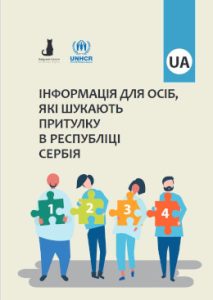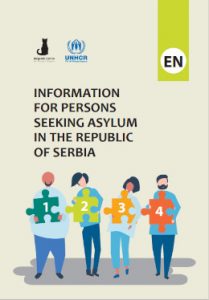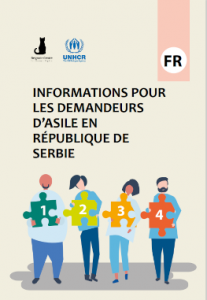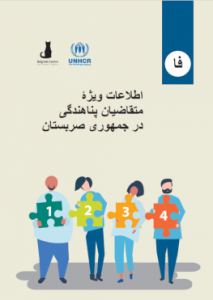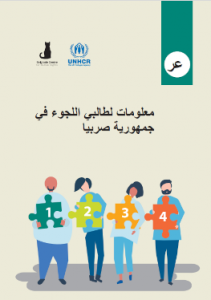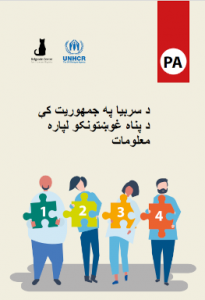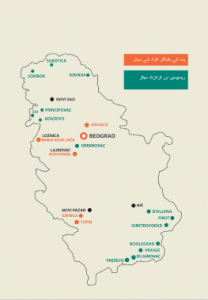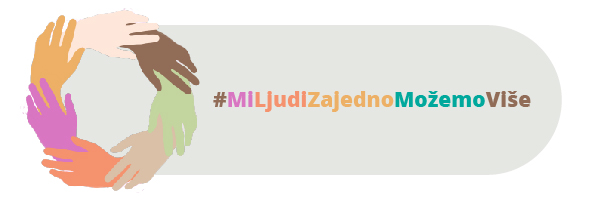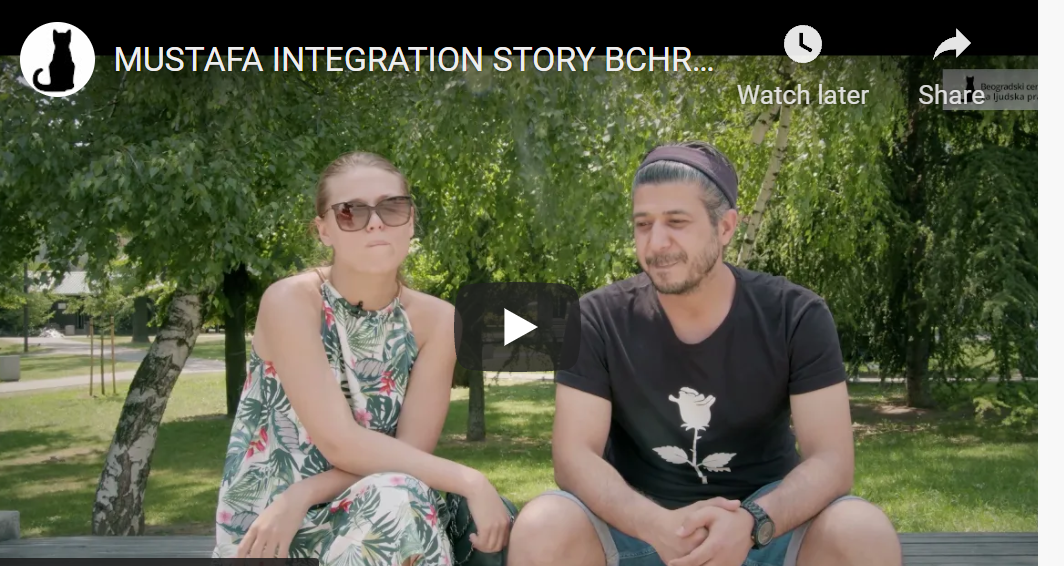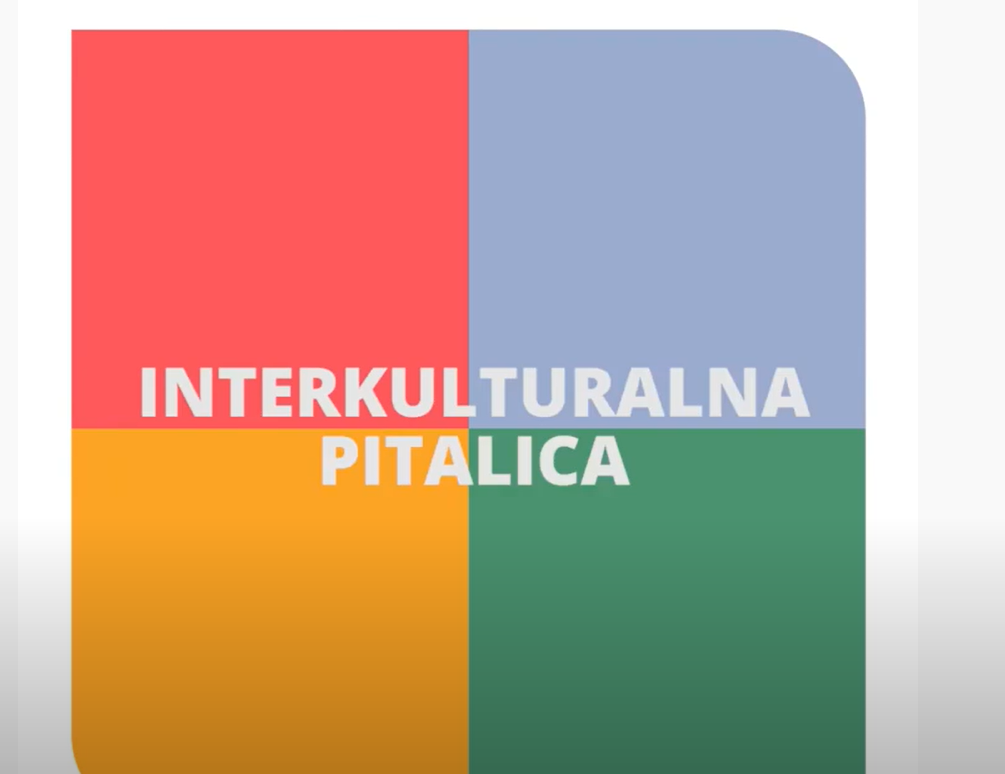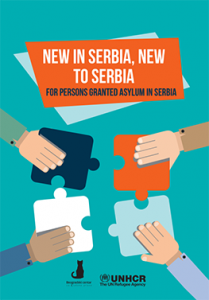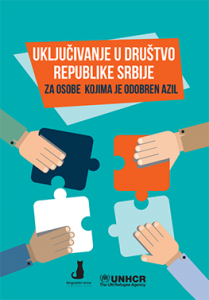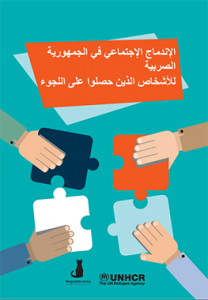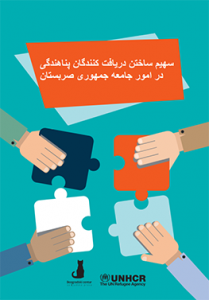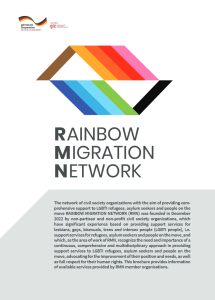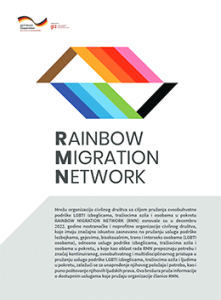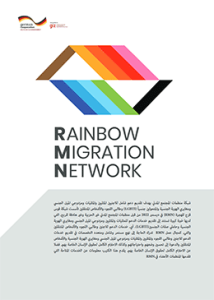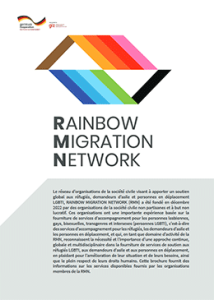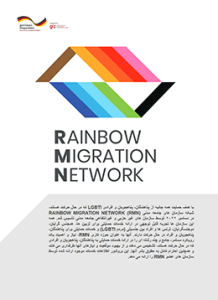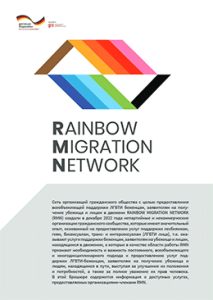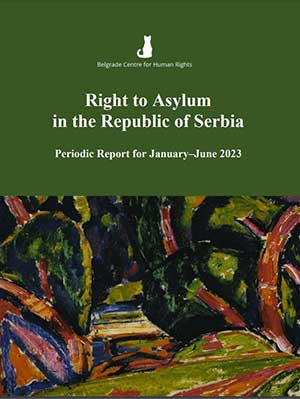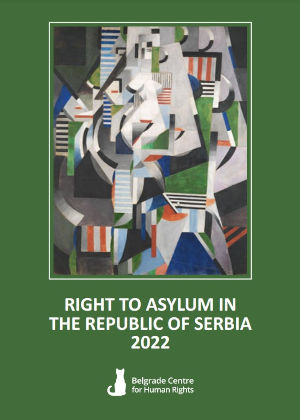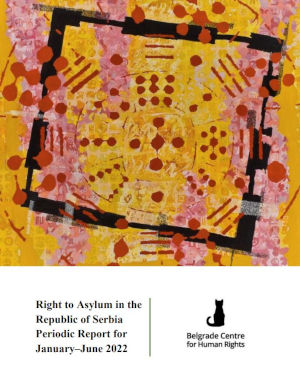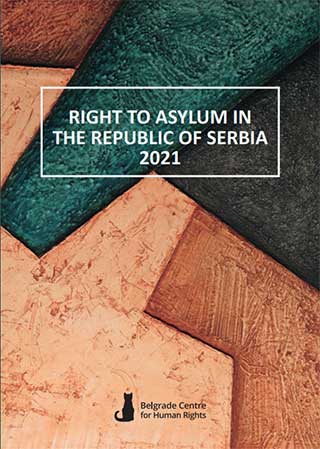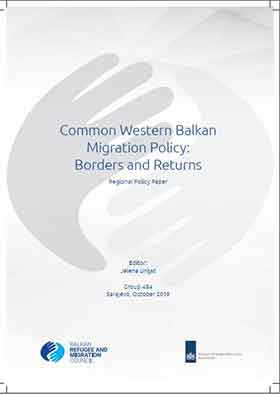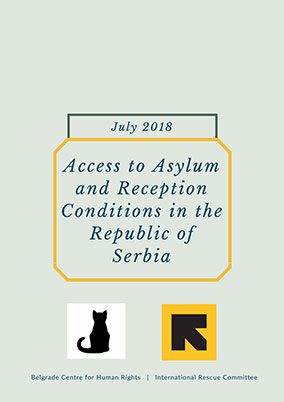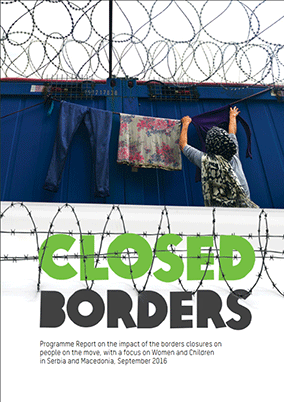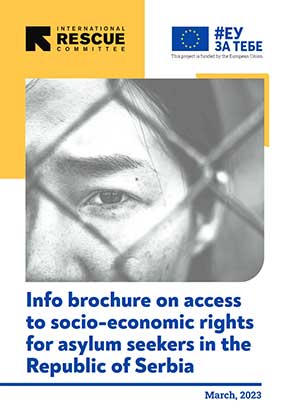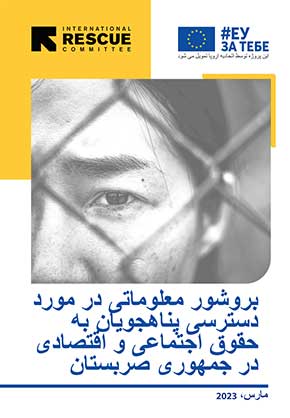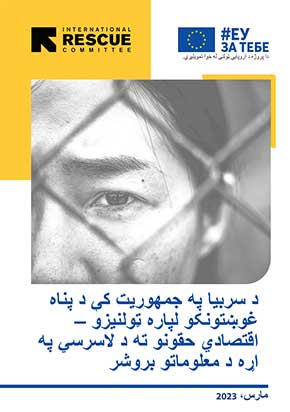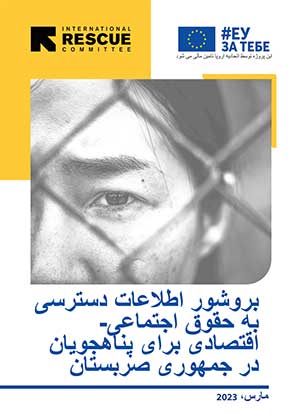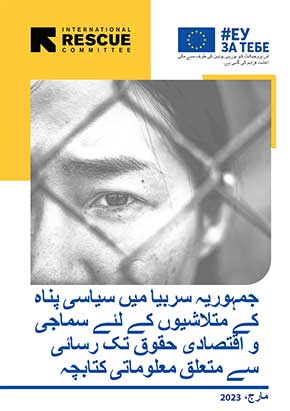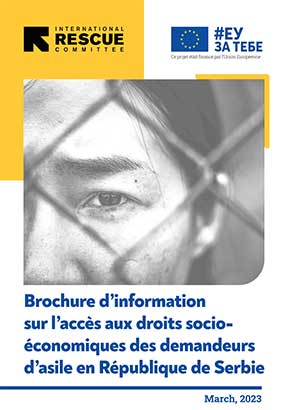We continuously monitor the state of affairs both in the countries where the asylum-seekers come from and in Serbia. All of our findings and reports are available at the Centre’s webpage at www.azil.rs

As a partner of the United Nations High Commissioner for Refugees, the Belgrade Centre for Human Rights has, since 2012, provided asylum-seekers in Serbia with free legal aid: they are explained their rights and obligations and represented before the proper authorities in Serbia and the European Court of Human Rights.
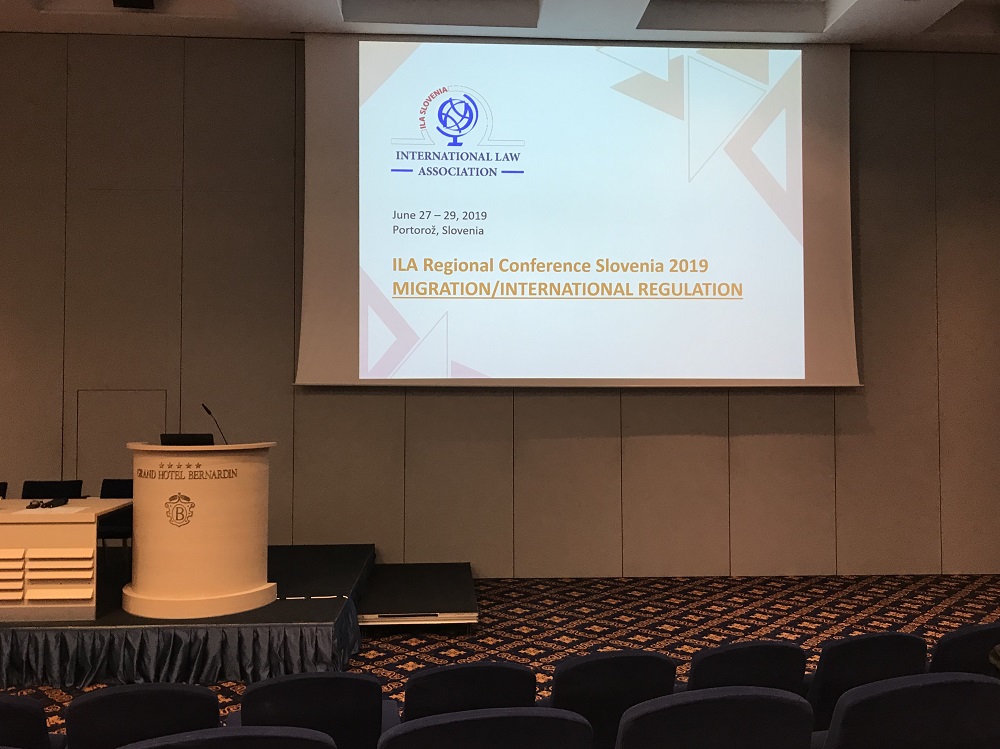
BCHR at “Migration – International Legal Regulation” conference in Slovenia
From 27 to 29 July we’ve been in Portoroz, Slovenia, on a regional conference “Migration – International Legal Regulation” in organization of International Law Association of Slovenia. The general theme of the conference was migration and international refugee law, and it was an ideal forum for discussing challenging questions of both public international law and […]
Refugee Situation in Serbia in May 2019
According to the UNHCR estimates, the number of refugees and migrants in Serbia remained the same amounted to about 3,600 persons of concern, of which around 3,000 were located in state asylum centres and reception centres by the end of the month. Most of the refugees, asylum-seekers and migrants were accommodated in the reception centres […]
Announcement – World Refugee Day
We mark the World Refugee Day in 2019 with the highest number of forcibly displaced persons worldwide in the last 70 years. According to the UNHCR more than 70.8 million people are forcibly displaced in this moment with weak or no perspective for return to their countries of origin. This number includes refugees, asylum seekers […]
Re-escalation of the conflict in Libya
Spring of 2019, just like the spring of 2011, when the so-called „Arab spring“ began has brought unrest to Libya. This time, the unstable situation has come to the boiling point. There has been an escalation of the conflict in Tripoli due to the settlement of the fighting between the forces of retired General Haftar […]
Refugee Situation in Serbia in April 2019
According to the UNHCR estimates, the number of refugees and migrants in Serbia has reduced significantly during April and amounted to 3,600 persons of concern, of which around 3,100 were located in state asylum centres and reception centres by the end of the month. Most of the refugees, asylum-seekers and migrants were accommodated in the […]
As a partner of the United Nations High Commissioner for Refugees, the Belgrade Centre for Human Rights has, since 2012, provided asylum-seekers in Serbia with free legal aid: they are explained their rights and obligations and represented before the proper authorities in Serbia and the European Court of Human Rights.
We continuously monitor the state of affairs both in the countries where the asylum-seekers come from and in Serbia. All of our findings and reports are available at the Centre’s webpage at www.azil.rs

